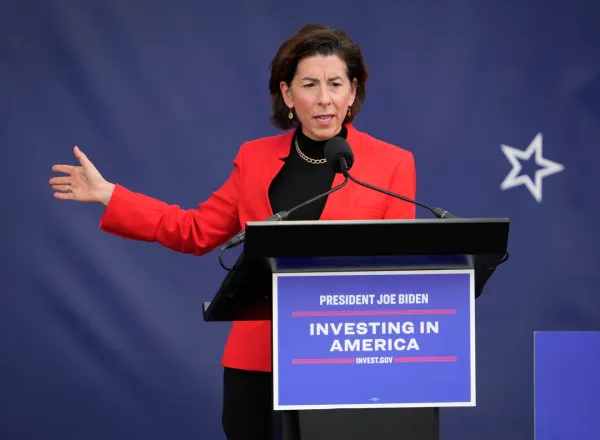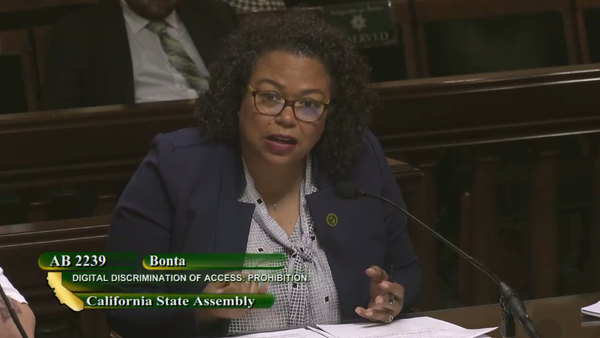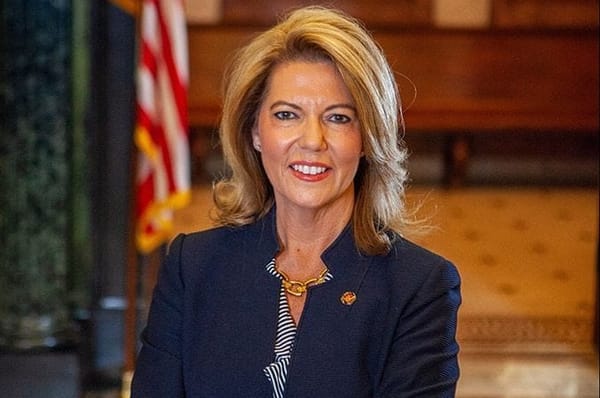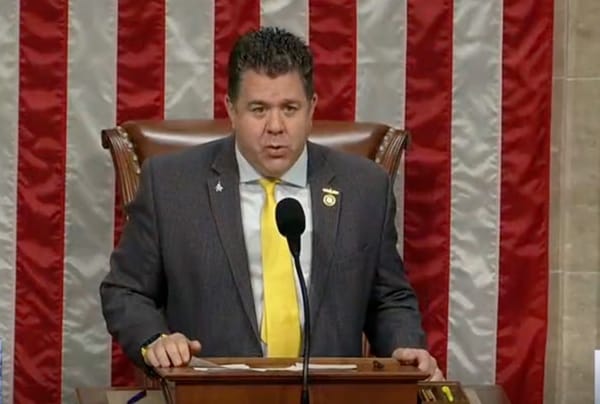FCC Paves Way For Comprehensive USF Reform At Open Meeting
WASHINGTON, February 9, 2011 – The FCC adopted a measure during Tuesday’s open meeting that lays the groundwork for revisions to the nation’s telephone subsidy systems in the near-term and an eventual overhaul to transition those systems into building and supporting broadband infrastructure. The No
WASHINGTON, February 9, 2011 – The FCC adopted a measure during Tuesday’s open meeting that lays the groundwork for revisions to the nation’s telephone subsidy systems in the near-term and an eventual overhaul to transition those systems into building and supporting broadband infrastructure.
The Notice of Proposed Rulemaking, which was adopted unanimously by the Commission, draws a roadmap to reforming the Universal Service Fund (USF) and the closely related intercarrier compensation (ICC) system.
The USF subsidized the build out of the telephone system in the last century to areas where it was not cost-effective for private industry to do so. Subsequently, it subsidized service to those so-called “high cost” lines and phone service to low-income families. The ICC is a system by which carriers make payments to each other for connecting calls.
As part of the National Broadband Plan unveiled last March, the administration laid forth the goal of updating the nation’s aging and increasingly anachronistic telephone infrastructure with broadband internet, which is capable of carrying both data and voice telephone transmissions.
“USF and ICC helped connect virtually every American to our 20th century communications grid,” noted Chairman Julius Genachowski during his remarks Tuesday, recognizing the positive legacy of the programs. “But the communications landscape has fundamentally changed since then… [broadband] is the indispensible infrastructure of the 21st century.”
In addition to widespread consensus that the USF and ICC support antiquated infrastructure, the programs also generously serve up instances of excessive wastefulness and gaming the system. One such example Genachowski brought up during a speech earlier in the week cited a single residence that drew more than $20,000 per year in USF funds to maintain service. In another, carriers artificially inflated telephone traffic across their lines to increase ICC revenue while disguising the origin of their own traffic to avoid paying fees.
The USF in particular has drawn the ire not only of the telecommunications industry but also from both sides of the aisle in Congress.
The guiding principles the FCC has laid forth for reform closely mirror the major criticisms of the programs, which have come from both lawmakers and the telecommunications industry alike. The current measure proposes to guide reform of both the USF and ICC by seeking paths to not only modernize the programs to apply to broadband technologies, but also ensure that the programs are accountable, fiscally responsible, and encourage efficient deployment of private-sector resources to build out and maintain networks.
“As a 21st century program,” said Commissioner Robert McDowell during his remarks, “the Universal Service Fund should evolve away from subsidizing inefficient, 20th century systems and support the efficiencies of current technologies as brought about by competitive pressures.”
The Commission also laid out loose mechanisms by which it would accomplish reform, both in the near- and long-terms. Immediate remedies include cutting waste, rewarding efficiency and closing loopholes. Long-term solutions call for transitioning the several programs that exist under the USF into a single Connect America Fund (CAF) and eliminating ICC altogether.
Though the plan amounted to little more than a set of guiding principles and high-level mechanisms by which the Commission hopes to conduct the reform, the action drew widespread support from Congress and the telecommunications industry alike.
“This fund needs to be reformed,” said Rep. Lee Terry (R-NE), who is Vice Chair of the subcommittee on Communications, Technology and the Internet, and now-famously joined former Chair of the subcommittee, Rick Boucher, in calling the USF simply “broken.”
“I’m looking forward to working with my colleagues and the FCC to ensure rural areas are able to enjoy the same communication access as urban areas.”
Rep. Henry Waxman (D-CA), ranking member of the House Energy and Commerce Committee, echoed Lee’s sentiments, saying that “the [USF] must be modernized to support broadband networks, reformed to use public dollars wisely, and strengthened to ensure full transparency and accountability.”
Meanwhile, even before the Commission’s meeting had adjourned, representatives from the telecommunications industry began firing off press releases simultaneously airing their grievances with the fund and adding their support to the vote.
“We applaud the FCC for moving forward on the important task of reforming the Universal Service Fund, especially the bloated high-cost fund that sometimes provides government subsidies in communities that already enjoy robust competition,” said National Cable and Telecommunications Association CEO, Kyle McSlarrow. “Restructuring the Universal Service Fund so it promotes broadband deployment in truly unserved communities is critical to accomplishing the national priority of connecting all Americans.”
Though statements of support flooded in from seemingly all corners of the industry, the current measure is only a first step on what promises to be a long road. Chairman Genachowski, as he did during his remarks at the Information Technology and Innovation Foundation Monday, implored those in the industry to engage the process to drive fact-based solutions. The rest of the commissioners, for their parts, were careful to acknowledge that though progress had begun.
“There are significant and difficult decisions ahead,” said Commissioner Meredith Baker, concluding her remarks, “and it will be important for all of us to work together to redefine universal service and intercarrier compensation for the broadband age.”







